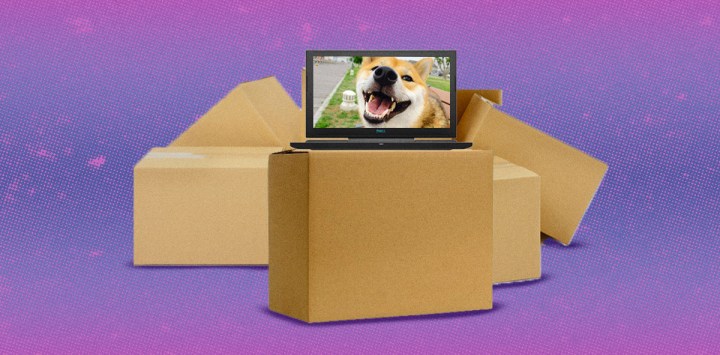1.
 Firstly, make sure you’re up and about well before you ‘clock in.’ Get up as if you’re going to the office and add an extra hour to that if your office is walking distance. As you settle into the idea of your home and office being one, it will be difficult to stop work on the dot and you may have company at home that will require your attention immediately after you shut the laptop. But, time for yourself isn’t expendable and will be especially important and necessary right now. Waking up before your start time will allow you to take time to meditate, pray, read, drink coffee or tea, eat a healthy breakfast, do whatever makes you feel like your best self and simply sit with yourself so you step into the day in a good mental space. Pencil yourself in, porfa. —Ecleen Luzmila Caraballo, Editor
Firstly, make sure you’re up and about well before you ‘clock in.’ Get up as if you’re going to the office and add an extra hour to that if your office is walking distance. As you settle into the idea of your home and office being one, it will be difficult to stop work on the dot and you may have company at home that will require your attention immediately after you shut the laptop. But, time for yourself isn’t expendable and will be especially important and necessary right now. Waking up before your start time will allow you to take time to meditate, pray, read, drink coffee or tea, eat a healthy breakfast, do whatever makes you feel like your best self and simply sit with yourself so you step into the day in a good mental space. Pencil yourself in, porfa. —Ecleen Luzmila Caraballo, Editor







